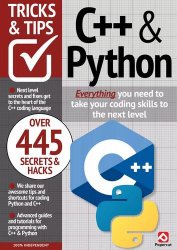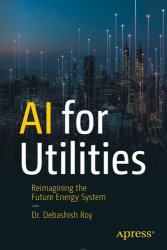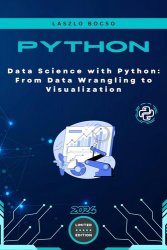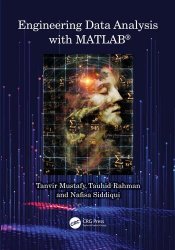- Добавил: literator
- Дата: 8-12-2024, 03:36
- Комментариев: 0
 Название: C++ & Python & Tricks and Tips - 20th Edition 2024
Название: C++ & Python & Tricks and Tips - 20th Edition 2024Автор: Papercut Limited
Издательство: Papercut Limited
Год: 2024
Язык: английский
Формат: pdf
Размер: 39.7 MB
Книга "C++ & Python & Tricks and Tips" - это первый и единственный выбор для начинающих, чтобы узнать все, что им нужно знать о кодировании и программировании. Написанное простым английским языком, это отдельное руководство содержит множество полезных советов и пошаговых иллюстрированных уроков. С помощью этого совершенно нового руководства вы узнаете все необходимое для создания собственных интересных приложений. С этим неформальным руководством у вас никогда не возникнет нерешенных проблем или вопросов по мере изучения, освоения и совершенствования навыков программирования на C++ и Python.









